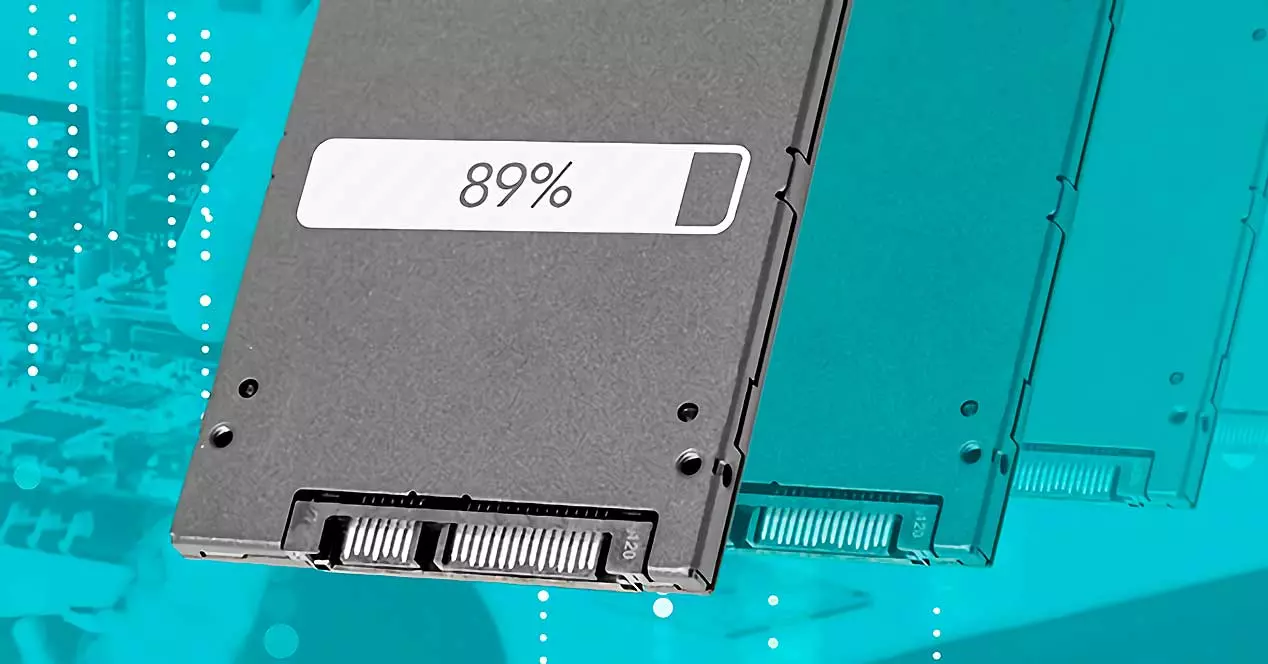How Long Do Solid-State Drives Last?
Finding out the lifespan of an SSD drive is quite easy. The main thing is to know where to look.
Today solid-state drives (i.e. SSDs) have almost completely replaced classic hard drives (i.e. HDDs) on the electronics market. Well, it is understandable: smaller size, no noisy mechanics and write / read speeds way higher. New technologies, in a nutshell. Perhaps the only disadvantage of SSD is the shorter life span.
No, no, your SSD won’t die after a year or two of use… or will it? Let’s find out!
What Affects the Lifespan of an SSD Drive?

The more information you write to your SSD, the less it will last. A simple rule for sure. Of course, this still depends on the quality of components. But that doesn’t change the fact that every SSD drive has a limited number of write cycles to its NAND-memory cells. SSD-drive in ideal conditions can last up to 10 years, but under high load – only 1-2 years.
For example, if the drive is used as data storage, where almost never anything happens, then it will live for quite a long time. If the disk is used for cryptomining it will not last long, maybe even less than a year. When dealing with SSDs, you should first of all pay attention to such parameters as P/E, TBW and DWPD.
Let’s look at a small example to be clear.
We have a 1TB SSD drive with the declared support of 500 TBW. The drive writes 2 TB of data per day. Let’s take 500 TBW and divide that value by 2. We end up with 250 days. That’s a little short, don’t you think? On the other hand, 2 TB per day is a huge amount for the average user. If you take 0.25TB, the lifespan of such an SSD increases to 5.5 years.
But again, this is just a rough calculation: SSD lifespan will depend on how intensively the user uses it, plus the quality of the drive itself. Even the most, so to speak, top-of-the-line SSDs from Samsung and Intel can die quickly, when they ran out of NAND-cell rewrite cycles. So be careful when buying an SSD! Pay attention not only to the capacity and read/write speed, but also to the TBW and DWPD parameters.